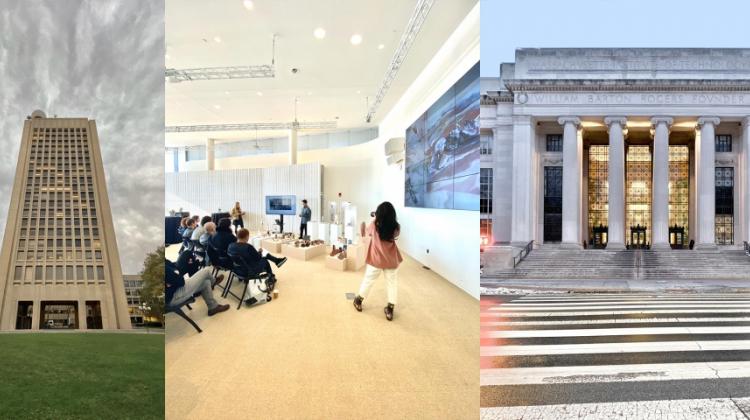4.360
Transversal Design for Social Impact (H1 half term)
While design is frequently deployed as a problem-solving instrument, it can unintentionally result in ethical dilemmas and unanticipated outcomes. This course uniquely combines the critical lens of art with the innovation framework of DesignX, promoting introspection and thoughtful deliberation before diving into design interventions. This transdisciplinary class initiates a collaboration between ACT and the Morningside Academy of Design through DesignX. Students design and present visual representations on the social impact area they choose to innovate and explore on. Undergraduates are welcome.
Spring
2026
3-0-3
G
Schedule
W 2-4
Location
9-255
Enrollment
Limited to 20
Lab Fee
Per-term $75 fee after Add Date; SMACT students are exempt
Can Be Repeated for Credit
No



